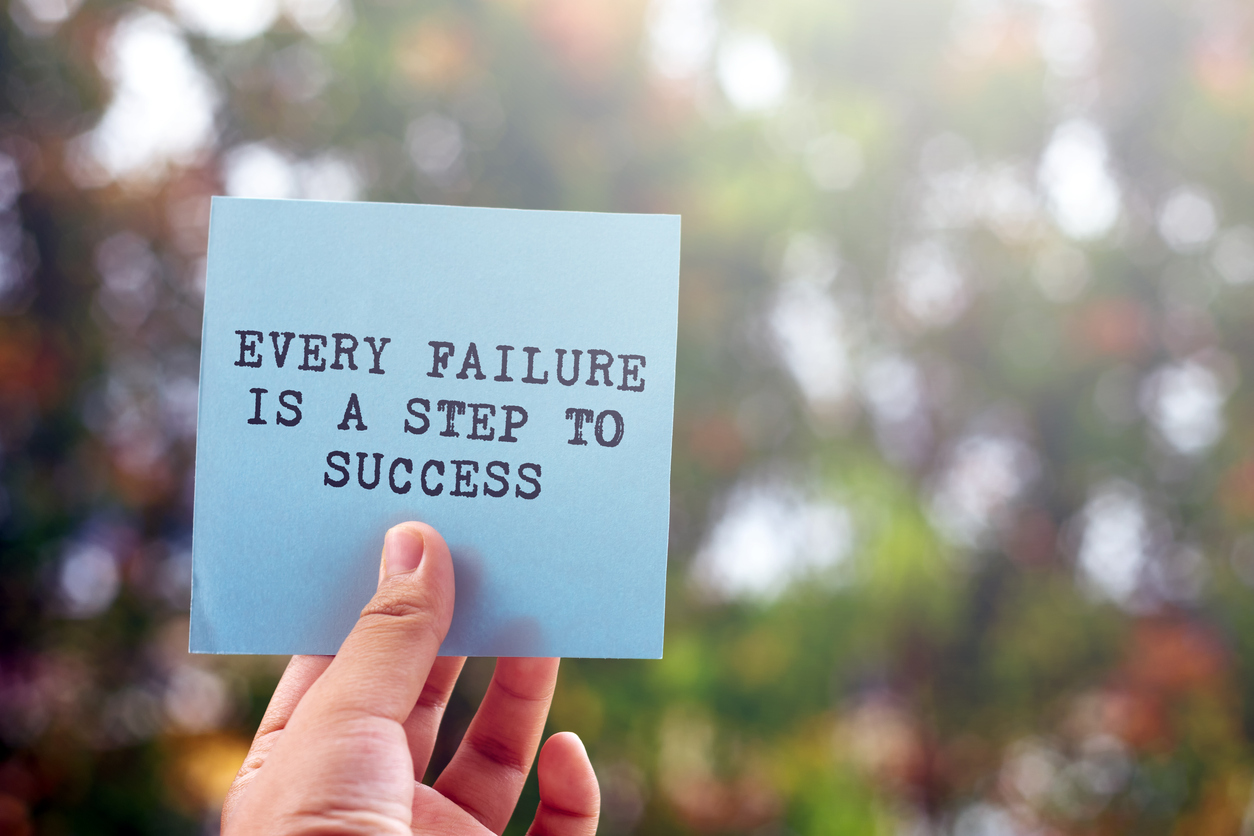In the wake of the pandemic, we’ve learned so many things as a nation. We’ve learned so many important facets about ourselves and the people in our lives. Not the people whose to-do list usually top our priorities, but about the people who build us and help to shape our souls.
Assuming
I learned how to sit beside my spouse and not assume, despite two decades of marriage, that I know how he will process a particular situation. It’s the assumptions that often carry us off in different directions. We assume many things about life with our loved ones. We mistakenly assume they do not care about us or understand as much as they do. These everyday heroes in our lives, however, often know more about us than we give them credit. They see the subtle shift in our strides, the almost imperceptible wince from a comment well intentioned but ill timed. They hear the quick breathy intake as we emotionally get the wind knocked out of our sails.
Vulnerability
To know that others can see us unguarded in these moments open us up to vulnerability on another level. It is this measure of vulnerability that we can be uncomfortable with managing. And so what do we do with this vulnerability? Well, people like myself downplay the magnitude of the situation. I tend to make flippant comments that are dishonest to my heart. Instead of saying things such as, “Yes, I’m really going through a tough time.” I find myself saying instead, “Oh well you know it’s just life.” These vague impersonations of our true inner struggles are fraudulent. They act as a barrier to attaining new levels of intimacy in relationships.
Shame
Brene Brown is one of my favorite speakers and authors because she tackles the topic of shame. We are hiding constantly from the shame we think we might feel or have felt in the past. Shame for not achieving more or being more. Shame for not living up to impossible standards. The truth is no matter how much we cover, protect and build facades, the shame remains long after the conversation. I replay some of these moments in my private time, wondering if they caught me in my deceptive acts.
What if?
This brings me back full circle to assumptions. What if instead, I assumed those people in my life could handle my mistakes and allowed myself to be vulnerable? Or what if I assumed they were compassionate enough to help me heal? That I could borrow their strength and that it didn’t make me any less of a person for doing so? Most importantly that I’m still as valuable as a person as ever. What if we just quit being dishonest? I’m being dishonest because I’m afraid of the shame of someone seeing me as less than who I’d like them to.
When we have been hurt in the past by others it can leave an emotional scar that becomes a wall. We might be less likely to open up in the future. It’s like the old saying, “Once bitten, twice shy.” For many of us, these are the replays that are taking place in our minds whenever we want to open up. I tend to think, “Well I’m not gonna give them the satisfaction of seeing me struggle.” Perhaps I should be thinking instead, “It’s okay for people to see me struggle.” I blame social media. I blame selfish pride. I blame our parents’ unrealistic expectations. But mostly I blame the fear of shame.
Be Honest
We need to be okay enough to say things like, “Yes, I’m getting a divorce because it didn’t work out.” “No, the doctor’s report didn’t come back as we had hoped. I’m just devastated.” and other more truthful admissions to our struggles. Mine recently has been, “No, I didn’t get selected for the position and that’s been tough for me to accept.” I’ll admit, I wanted to lie about it or brush it aside with shrugged shoulders— anything but confess to my dear friends that I’m afraid and ashamed that I’m not marketable enough yet. So let us move away from fear and shame and plunge forward into honesty and the courage to let others in. Let us live our lives honestly before those we love. Let us for the life that is given to us put away the voice that tells us it’s safer to be dishonest.
Find more from Sonja here.












